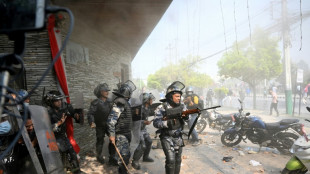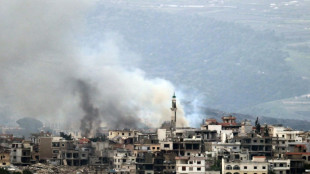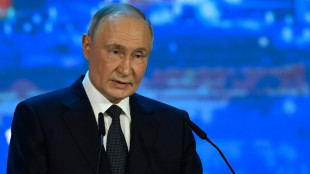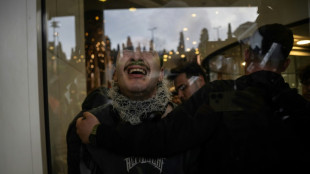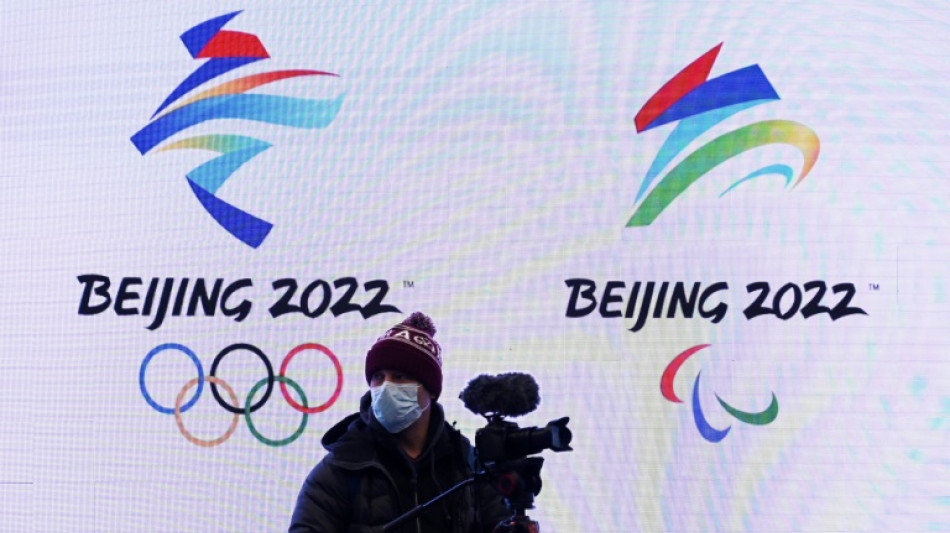

Amnesty warns over 'sportswashing' at Beijing Olympics
Amnesty International warned on Wednesday that the international community must not allow China to use the Winter Olympics in Beijing as a "sportswashing opportunity" and must avoid being "complicit in a propaganda exercise".
The organisation fears China will use the Games to distract from alleged human rights violations against Uyghur Muslims and in Hong Kong, arguing that the situation in the country is worse now than when it hosted the Summer Olympics in 2008.
Amnesty's China researcher, Alkan Akad, said: "The Beijing Winter Olympics must not be allowed to pass as a mere sportswashing opportunity for the Chinese authorities and the international community must not become complicit in a propaganda exercise.
"The world must heed the lessons of the Beijing 2008 Games, when Chinese government promises of human rights improvements never materialised.
"Amid the severe restrictions in place at Beijing 2022, the International Olympic Committee (IOC) must do better at keeping its promise to protect athletes' right to voice their opinions -- and above all to ensure it is not complicit in any violations of athletes' rights."
The United States, Australia, Canada and Britain have announced they will not send official representation to the Olympics, with the US citing "the ongoing genocide and crimes against humanity in Xinjiang and other human rights violations".
Nevertheless, athletes from those countries will still participate in the event, which starts on February 4.
Amnesty's UK chief executive Sacha Deshmukh said Britain's diplomatic boycott of the Games, announced last month, had to be the start of efforts to turn up the pressure on China, not the end.
"China is hoping for sportswashing gold and it's vital that every effort is made to counteract that," Deshmukh said.
- Get tough -
The Amnesty report comes after US lawmakers on Tuesday called on the UN human rights chief to release a report on Xinjiang, where Washington accuses China of perpetrating a genocide against minority Uyghur Muslims, before the start of the Olympics.
UN High Commissioner for Human Rights Michelle Bachelet, the former Chilean president, has been asking Beijing for "meaningful and unhindered access" to Xinjiang for years, but no such visit has so far been made possible.
In mid-December, a spokesman for the high commissioner had indicated that a report could however be published in "a few weeks".
But human rights defenders are calling on the United Nations to get tough. Several rights organisations have accused China of having locked up at least a million Muslims in Xinjiang.
Beijing denies the figure and describes the camps as "vocational training centres" to support employment and fight religious extremism.
Amnesty also criticised the IOC's handling of the case of tennis player Peng Shuai.
The athlete's wellbeing has become a major source of concern since she disappeared from public view after she alleged on social media that she was sexually assaulted by a senior member of the Chinese government.
The IOC came under pressure to exert its influence and engage the Chinese authorities over Peng, and has held video calls with her which, it says, establish that she is safe and well.
But Amnesty's Akad said the body had accepted assurances "without corroborating whether she experienced any limitations to her freedom of expression, freedom of movement and right to privacy".
R.Ryan--NG
